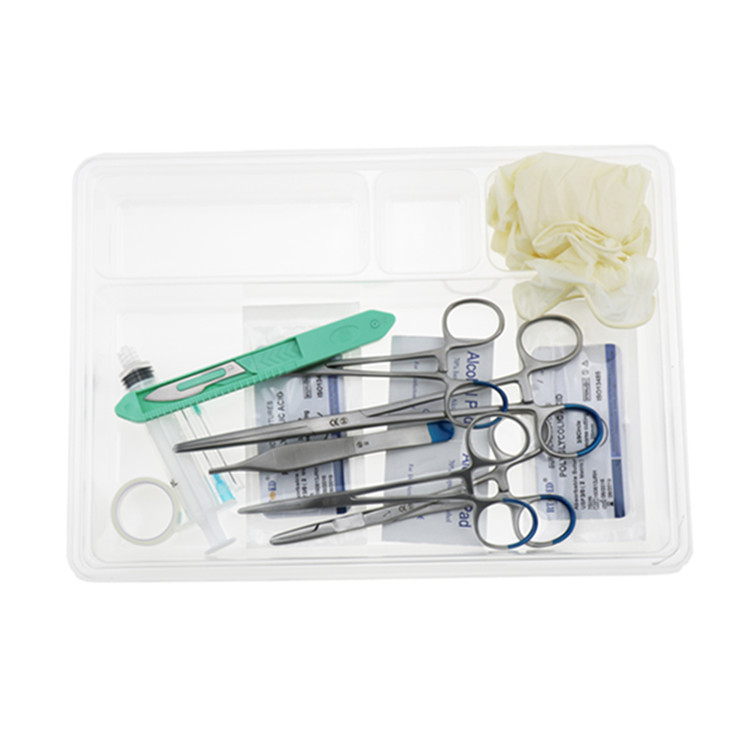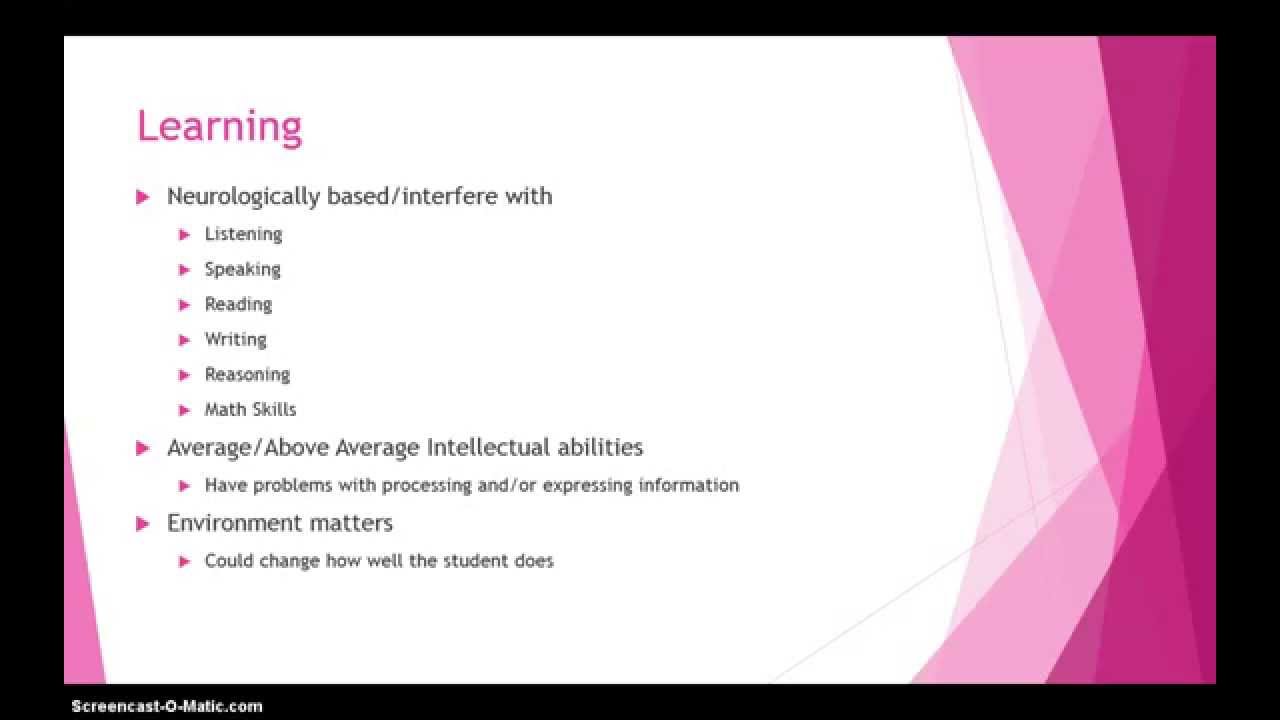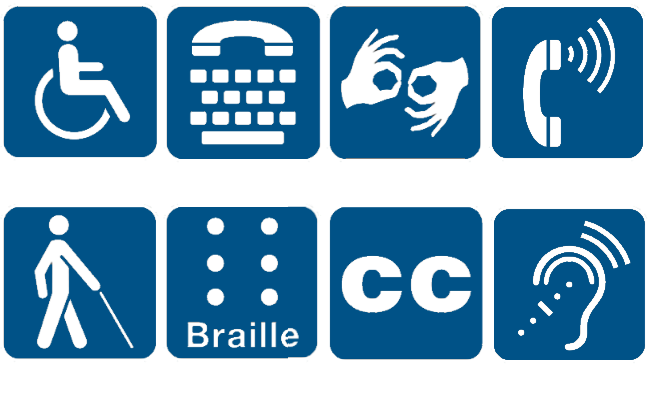
How soon can u Circumcise a newborn?
This is an elective procedure that involves removing the skin cuff from the newborn boy’s eyes. This is usually done before the baby is weaned or when the baby has contracted an infection in his scrotum. The topic of newborn circumcision remains controversial and is often heatedly debated due to its connection to certain religious and cultural traditions.
For years, debates have been held about the health benefits of newborn circumcision. The benefits are more than likely due to the fact that there are fewer complications following the procedure for circumcised boys than for uncircumcised boys. Some experts disagree with this argument. Boys who are circumcised have lower chances of getting genital warts or measles.
A newborn male may be prevented from acquiring several life-threatening diseases if he undergoes neonatal circumcision. These diseases include the Human immunodeficiency syndrome (HIV) as well as Acquired Immune Deficiency syndrome (AIDS). HIV and AIDS can both be transmitted by skin contact. Therefore, it is important to control the disease in newborn males. Worldwide, an estimated 70% of newborn males are infected with both HIV and AIDS; however, in most developed countries, the lifetime risk of infection with the former is much higher than the latter.
The American Academy of Pediatrics states that the benefits of newborn circumcision are three to two to one. Newborn males who have had their circumcision Melbourne performed before birth are less likely to contract a disease. This is primarily attributed to the fact that the operation reduces the risk of infection by up to 90%. Moreover, according to local anesthetic experts, local anesthetic plays an important role in the success of the procedure. Some doctors recommend the use of local anesthetic because newborns are unable to withstand the pain and discomfort that come with general anesthesia.
The American College of Surgeons is the largest medical association in the United States. In its March 2021 edition, the journal Medical Decisionmaking published an article on newborn circumcision that recommends the practice as the safest choice for infants. The article notes that although research has not shown a link between foreskin protection and HIV/AIDS, there are other concerns about the health of male newborns who have undergone the procedure. Neonatal circumcision is also known as newborn circumcision Melbourne.
Although newborn circumcision has not been associated with a major outbreak of HIV/AIDS in the United States or any other country in the world, some physicians and gay rights groups question the morality of the procedure. On the other hand, the medical community also stresses that newborn circumcision does not lead to increased prevalence of HIV. There are no documented case studies linking the procedure to increased HIV incidence. Experts believe there is very little risk as long as the procedure can be performed by a skilled professional. The American College of Surgeons supports the right of parents to decide whether their children should be circumcised.
For safety, hygiene, and to feel safe, newborns are often circumcised. Newborns who are circumcised have lesser risks of acquiring bacterial infections than those who are not. However, boys born to mothers with certain infections can contract herpes simplex virus (HSV) later in life through the use of contaminated equipment during the procedure. It is important that all newborns who have had the procedure are tested for infection before they undergo any further procedures. Boys born to mothers with genital warts can also contract herpes simplex virus if they have intercourse with an infected mother after the procedure.
Because of the possible risks of contracting the disease, more parents today choose to have their newborns circumcised. Although newborns are not typically exposed to the HIV virus, they are still at risk of contracting the infection if they have intercourse with an infected person. Parents should inform their partners if their baby has undergone circumcision. Although many doctors recommend that newborns undergo the procedure before they are born, there are also those who believe that it is perfectly fine to wait until they are older to have the procedure done.


